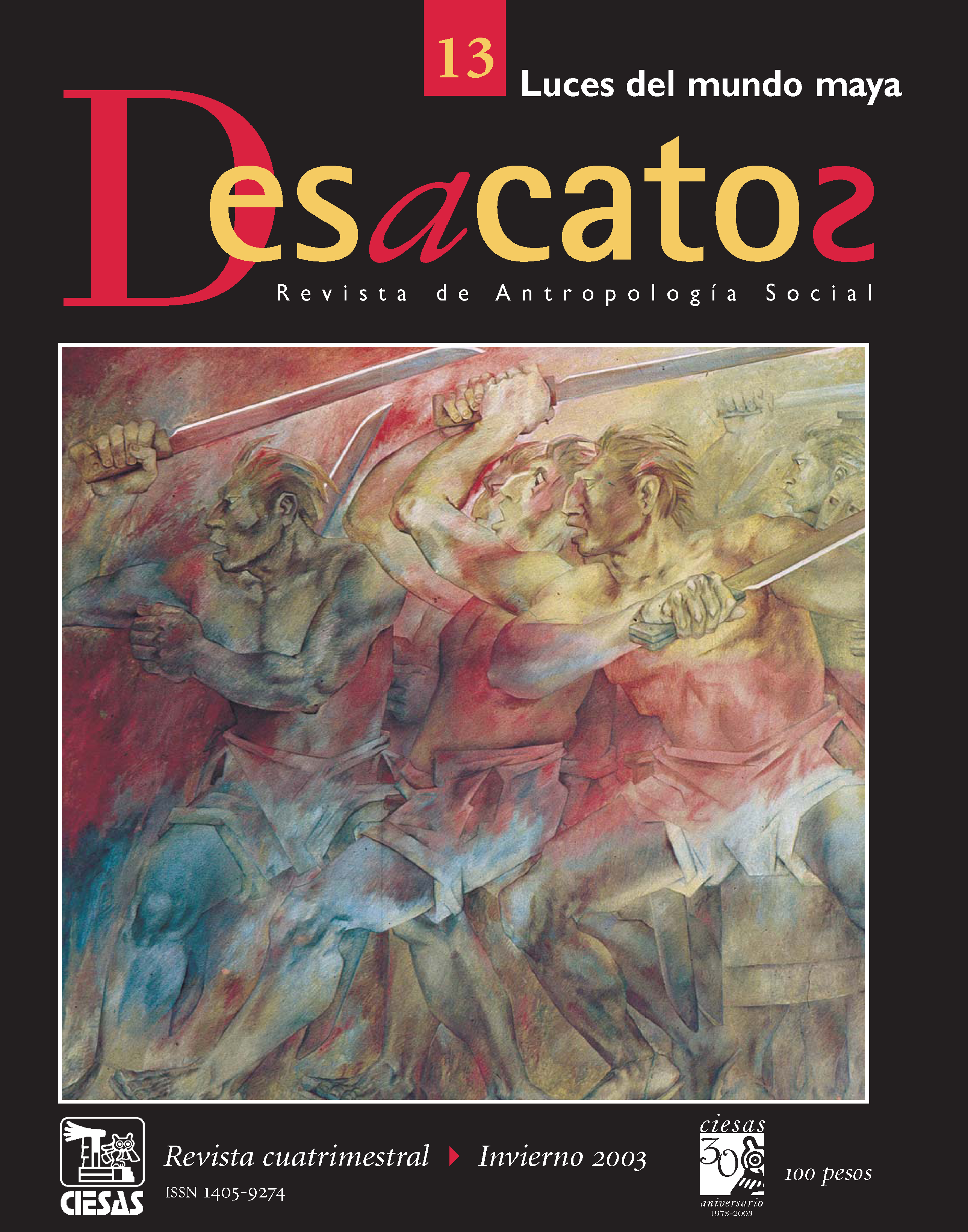Jacinto Canek rebellion in Yucatan: a new interpretation
DOI:
https://doi.org/10.29340/13.1105Keywords:
Abstract
Due to lack of information, the famous rebellion of Jacinto Canek, in the village of Cisteil in 1761, has been misinterpreted, either as a drunkards riot, or as a noble uprising against colonial exploitation. A study of the criminal trial which resulted from the rebellion emphasizes the nature of the phenomenon. It was a highly serious rebellion, with a strong anti-colonialist content. However, the causes seem to be of a cultural rather than an economic nature. The Mayas continued to believe in a cyclic version of history, which led them to think that one day in the future they would over throw the Spaniards. Jacinto Canek chose a name of historical significance for the Mayas, he proclaimed himself king and led a rebellion, the aim of which was the political and religious domination of the Yucatan Mayas. Thousands of natives believed he was king and that the days of the Spaniards were counted. The movement sought to revitalize Mayan culture after two centuries of colonialism, but the Spaniards managed to suffocate the rebellion before it could spread beyond central Yucatan.Downloads
Download data is not yet available.
Published
2014-07-03
Issue
Section
SABERES Y RAZONES
License
.
How to Cite
Jacinto Canek rebellion in Yucatan: a new interpretation. (2014). Desacatos. Revista De Ciencias Sociales, 13, 46-59. https://doi.org/10.29340/13.1105


 Make a Submission
Make a Submission
 Language
Language
 Information
Information

 Keywords
Keywords Social Media
Social Media